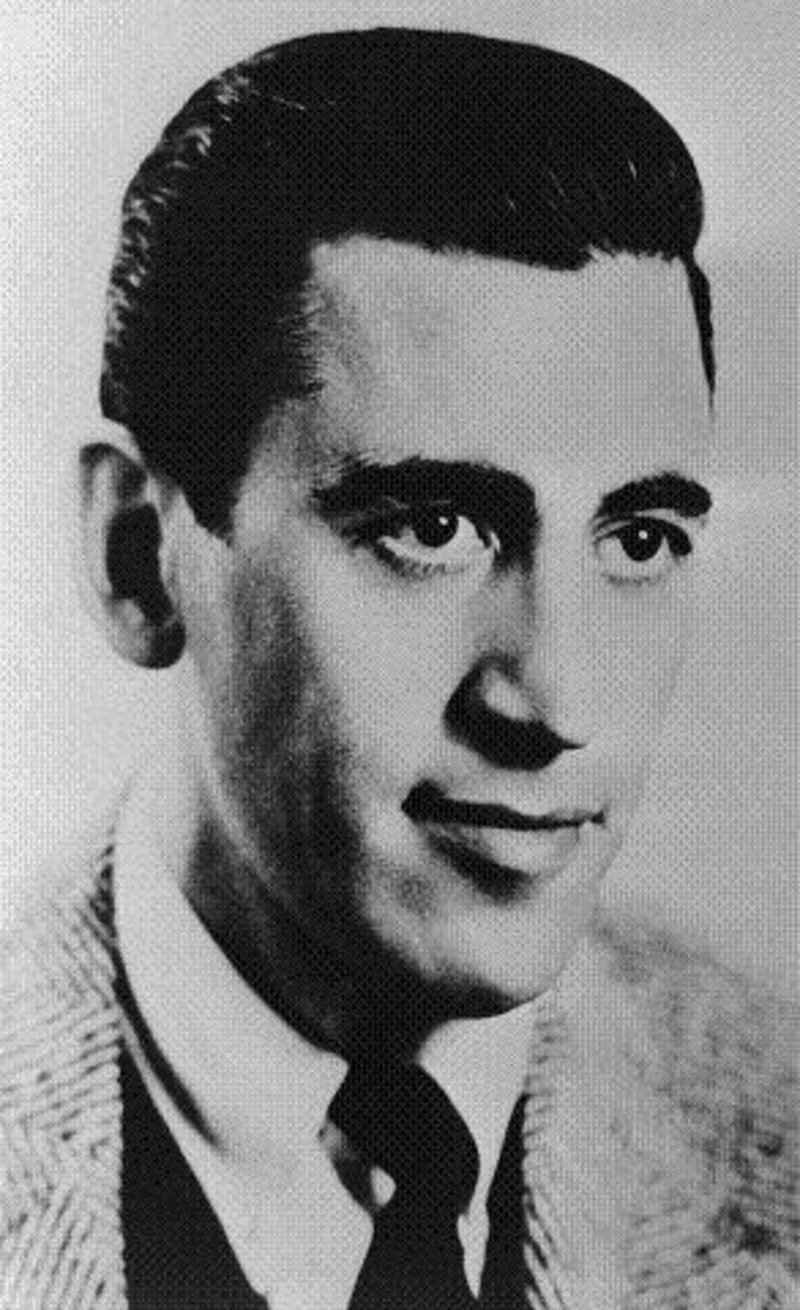Try though they may to avoid the glare of publicity, this summer the literary recluses are back in the news. JD Salinger, the undisputed supreme hermit of American letters, was prodded from his New Hampshire fastness early this month to beg for an injunction against a Swedish writer, Fredrik Colting. Written under the pseudonym JD California, Colting's novel 60 Years Later: Coming Through the Rye featured a tormented author called JD Salinger who attempts to bring a character called Mr C back from the dead "just so that I can kill him". A federal judge agreed with Salinger that the book was not sufficiently "transformative" of The Catcher in the Rye and banned it from the American presses. This week, Colting appealed against the verdict.
Salinger, who has not published any new work since 1965, is famously willing to employ the courts to protect his privacy. When he blocked the poet and biographer Ian Hamilton from using a sheaf of unearthed correspondence, and indeed any quotation from his work, in a biography, Hamilton responded by paraphrasing the lot in collaboration with a lawyer. (The result, In Search of JD Salinger, is one of the great works of weird biography.) Salinger is also said to have asked his lawyers to warn off a college theatre company seeking to mount a production of The Catcher in the Rye.
But Salinger is just the highest-profile example of a strange and particularly American phenomenon, equal parts truth and media spin: that of the writer as recluse. Thomas Pynchon, another famously media-shy author whose eighth book, Inherent Vice, is published this month, has avoided publicity since the 1960s. Only a handful of photographs of him have ever been published, and the internet is littered with stories of dubious factuality from people who claim to have met him hitchhiking in Arizona or in a New York bar.
One senses that Pynchon, whose novels are positively teeming with conspiracy and misdirection, enjoys the whole game. He occasionally contributes introductions to other writers' work, goes out in New York, befriends other writers and artists and writes from time to time to newspapers, most recently to lend his support to Ian McEwan when the latter was accused of plagiarism. When one journalist in the Eighties postulated that Pynchon might in fact be Salinger - surely a world-historical literary misreading. Pynchon replied: "Not bad. Keep trying." More recently, he has said that the term recluse is "a code word generated by journalists. It's hard for reporters to believe that somebody doesn't want to talk to them".
Of course, it's hard for anybody to believe that somebody doesn't want to talk to them, and one reason for the currency of the literary-recluse trope may be its pure opposition to American ideas of good neighbourliness and sharing. It goes against everything that writers are taught and that consumers expect about the media cycle, as well as evading the demands of an increasingly psychologised and biographical culture. William Gaddis, the author of the cult novel The Recognitions and a diehard interview-ducker, complained of "the tendency I've observed of putting the man in the place of his work ... the talk-show pap, five-minute celebrity, turning the creative artist into a performing one". (His remarks, however, were the preamble to an unusually revealing Paris Review discussion.) More recently, Harper Lee, whose only novel, To Kill a Mockingbird, appeared in 1960, broke years of literary silence with a letter to Oprah Winfrey's magazine, O, which spoke of "an abundant society in which people have laptops, cellphones, iPods and minds like empty rooms" and claimed that "instant information is not for me".
But perhaps the really strange thing is that some writers should be celebrities. Writing is an introspective art, best practised in solitude, and writers are resistant to allowing life to protrude into, or to eclipse, the work. Dan Brown has kept a low profile since the success of The Da Vinci Code, breaking cover only to appear in an English court to answer charges of plagiarism (and be acquitted). Thomas Harris, the inventor of Hannibal Lecter, has said that he "really can't start giving interviews now: I never have and I never will". And Don DeLillo is said to present journalists with a card that reads: "Don DeLillo. Novelist. I don't want to talk about it."
The final word should go, as so often, to Samuel Beckett, perhaps the most reluctant commentator on his own work in history, who extended his dislike of interviews to a prohibition on recording his voice (there are about two snatched minutes in existence). As he once wrote to a friend who suggested chalking up a couple of long lunches to the Paris Review tab under the pretext of doing an interview: "Dear Raymond, sorry, I have no views to inter."











